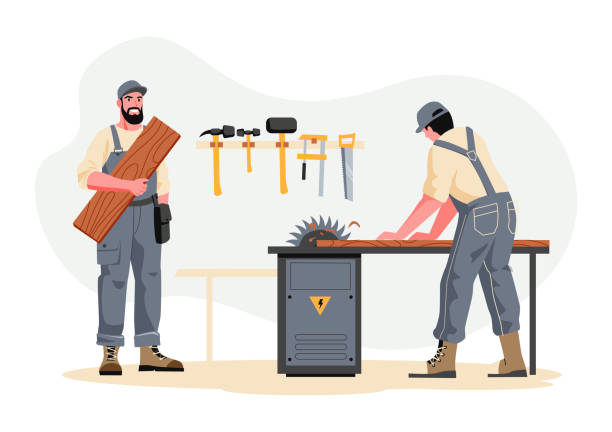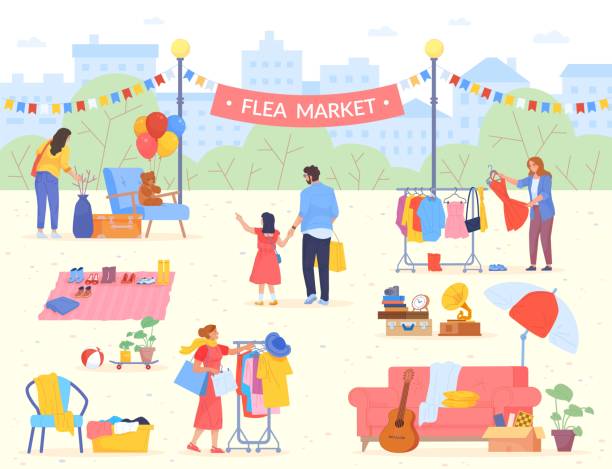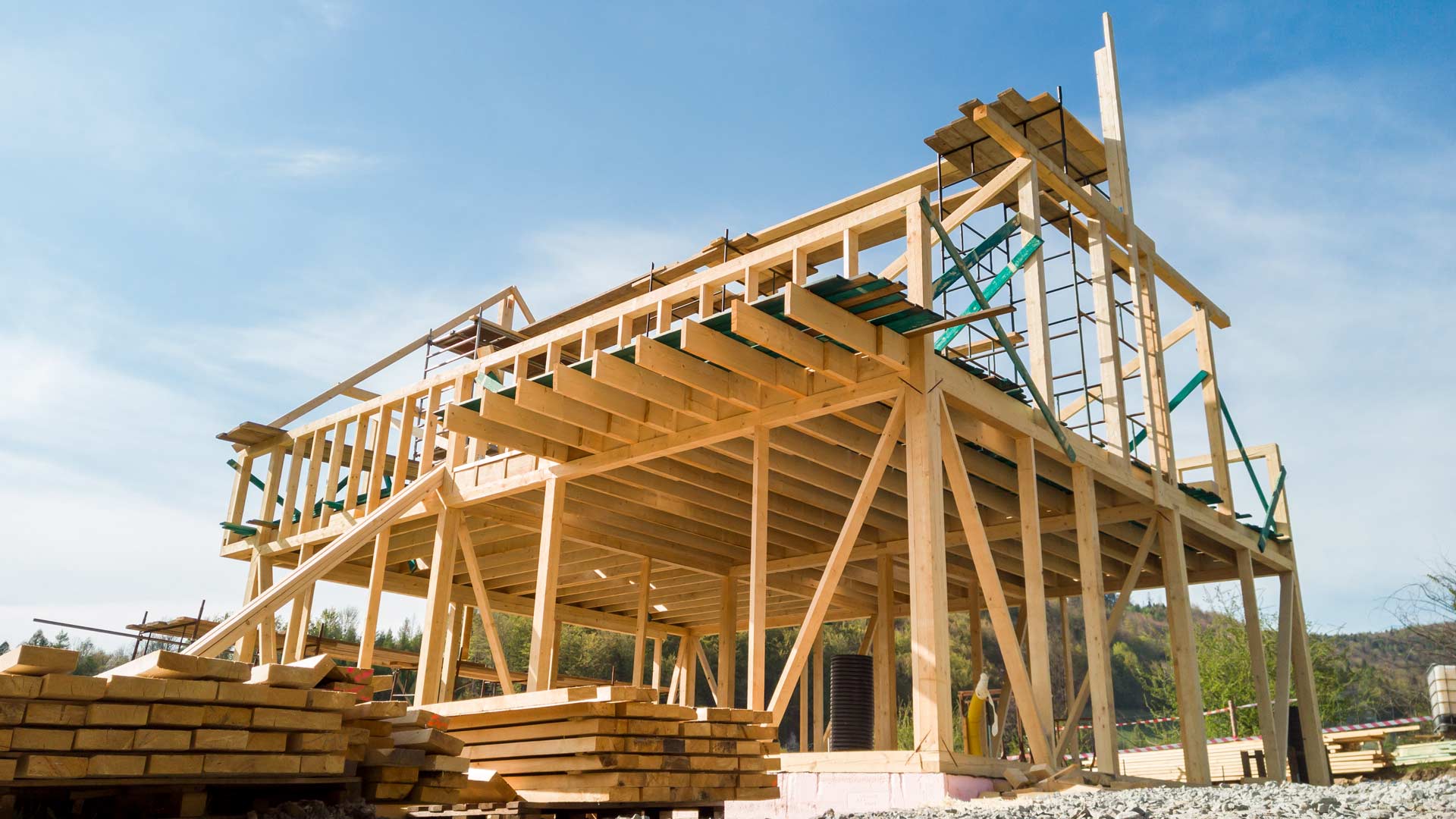Opening a kiosk has been a popular way to break into the retail world for nearly half a century. With lower overhead, flexible leases, and a consistent customer stream, malls have become the preferred location for the millions of retail kiosks open today. Whether you choose a classic kiosk, a cart, an in-line or a short-term popup, there is one final thing you’ll need to secure your spot, and protect the future of your business. Insurance.
I know. Insurance is the worst. Luckily, malls tend to have very specific and consistent requirements for their vendors. The insurance jargon can make it feel complicated, but in this article we’ll boil down exactly what you need, what it protects, and where to find it, so you can focus on building your business.
The Requirement
Nearly every mall contract says something like vendors are required to purchase General Liability insurance with a $1 million occurrence limit and a $2 million aggregate limit, listing the landlord and property management company as additional insured.
Let’s break it down:
Insurance requirements can be broken down into three parts.
- Coverages determines which types of accidents your insurance will protect against
- Limits determine how much money your insurance will pay out
- Endorsements are extra features that determine who is covered by the policy, among other things.
Coverage: General Liability
This coverage protects against third party injuries and property damage. For example, if a child was running through the mall, tripped on your kiosk, and their parents decided to sue, you’ll be covered.
Limits: $1M/$2M
Your occurrence limit determines how much your insurance will pay for a specific incident. Your aggregate limit determines how much your insurance will pay in total. For example, if you have multiple incidents of property damage, but they only add up to $1.5M, you’ll be covered. However, if a single incident causes $1.5M in damages, you’ll have to pay the difference.
Endorsement: List the landlord and property management company as additional insured
The landlord is the mall that you’ll be setting up shop in. The property management company owns the mall (like Simon Property Group, Brookfield Properties Retail Group, or Kimco), and likely is the company who you’ll have to send your Certificate of Insurance to (we’ll cover that later). Adding them as “additional insured” means that your policy will cover them as well.
Getting the Right Policy
The easiest way to make sure you have the correct coverage is to purchase a pre-built Mall Kiosk policy (if you’re working in a mall owned by Simon Property Group, you can find your requirements here). These come pre-made with $1M General Liability, as well as your mall and property owner listed as additional insured.
Another benefit to buying policies tailored to vendors is that they can be purchased for the length of your contract, rather than a full year. For example, if you’re only working during the holiday season, you would only have to pay for 3 months of coverage.
If you have a broker you like but want to make sure you get the right coverage, you can use this script as a guideline for your conversation:
Hi, I’m required to buy General Liability insurance with a limit of $1 Million for my upcoming contract with [Mall Name]. I would like my policy to begin on [Date] and end on [Date]. I’m required to list both [Mall Name] and [Property Management Company Name] as additional insureds, and will need a certificate of insurance by [Date] to secure my spot. Is that something you can provide me with?
Proof of Insurance
Here’s where the certificate of insurance comes in. The Certificate of Insurance is an official document that proves you have the correct policy. This can come in the form of a PDF, or a Live Certificate of Insurance.
If your agent or broker only offers PDF Certificates of Insurance, make sure they don’t charge a fee to update your information or obtain another one. It’s also wise to ask about their turnaround policy, as they may take weeks to send your certificate of insurance which can cause you to miss vital deadlines. For these reasons, it’s best to seek brokers who offer Live Certificates of Insurance. These can be shared and updated online at any time, with no extra fees. The flexibility is particularly helpful for businesses who may have multiple contracts at a time, or short term leases requiring you to share proof of insurance more than once per year.
For more information on pre-build kiosk insurance policies, or to talk through your requirements with an advisor, reach out anytime at support@buildbunker.com, (877) 968-9108, or live chat at buildbunker.com.










